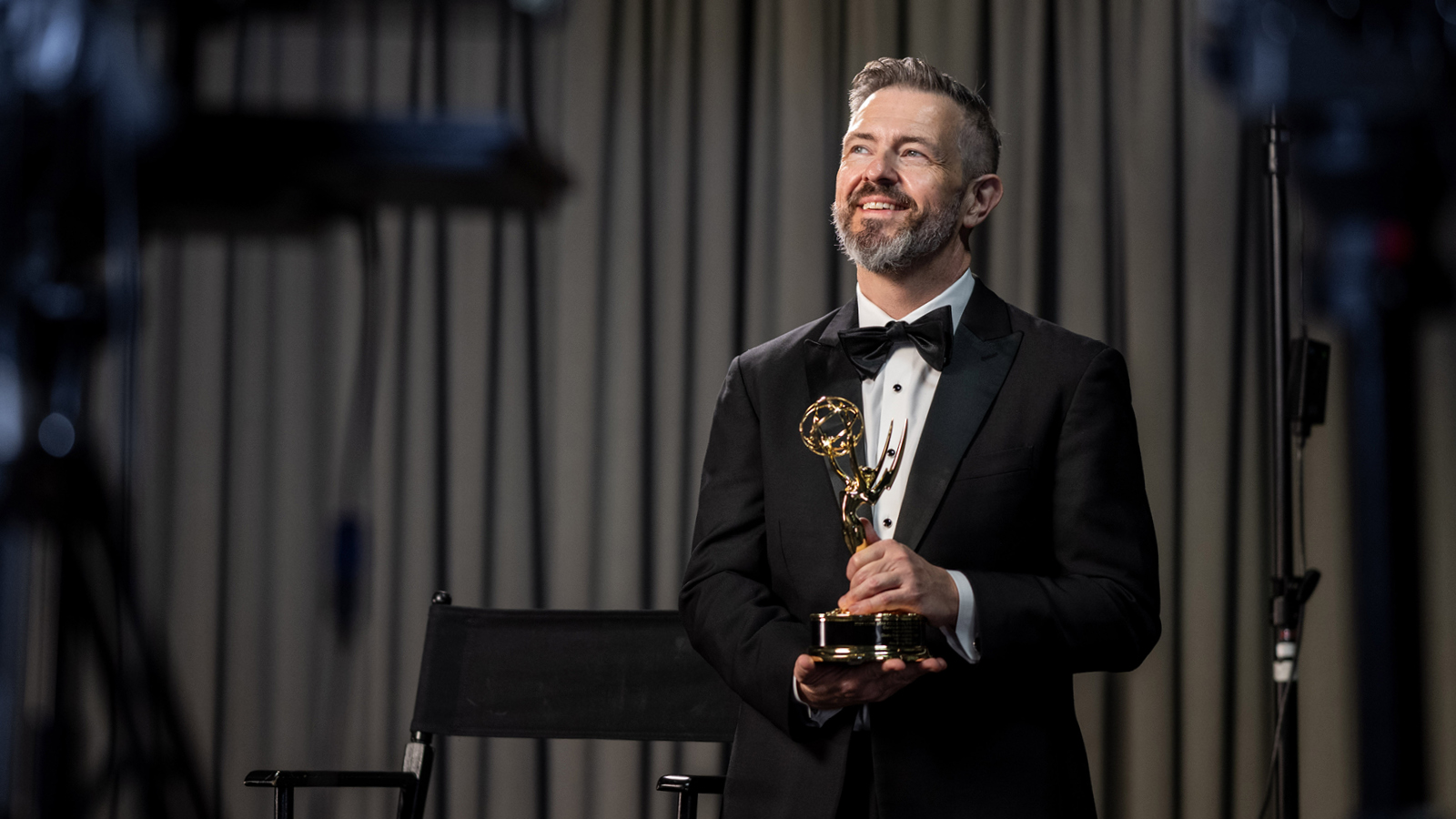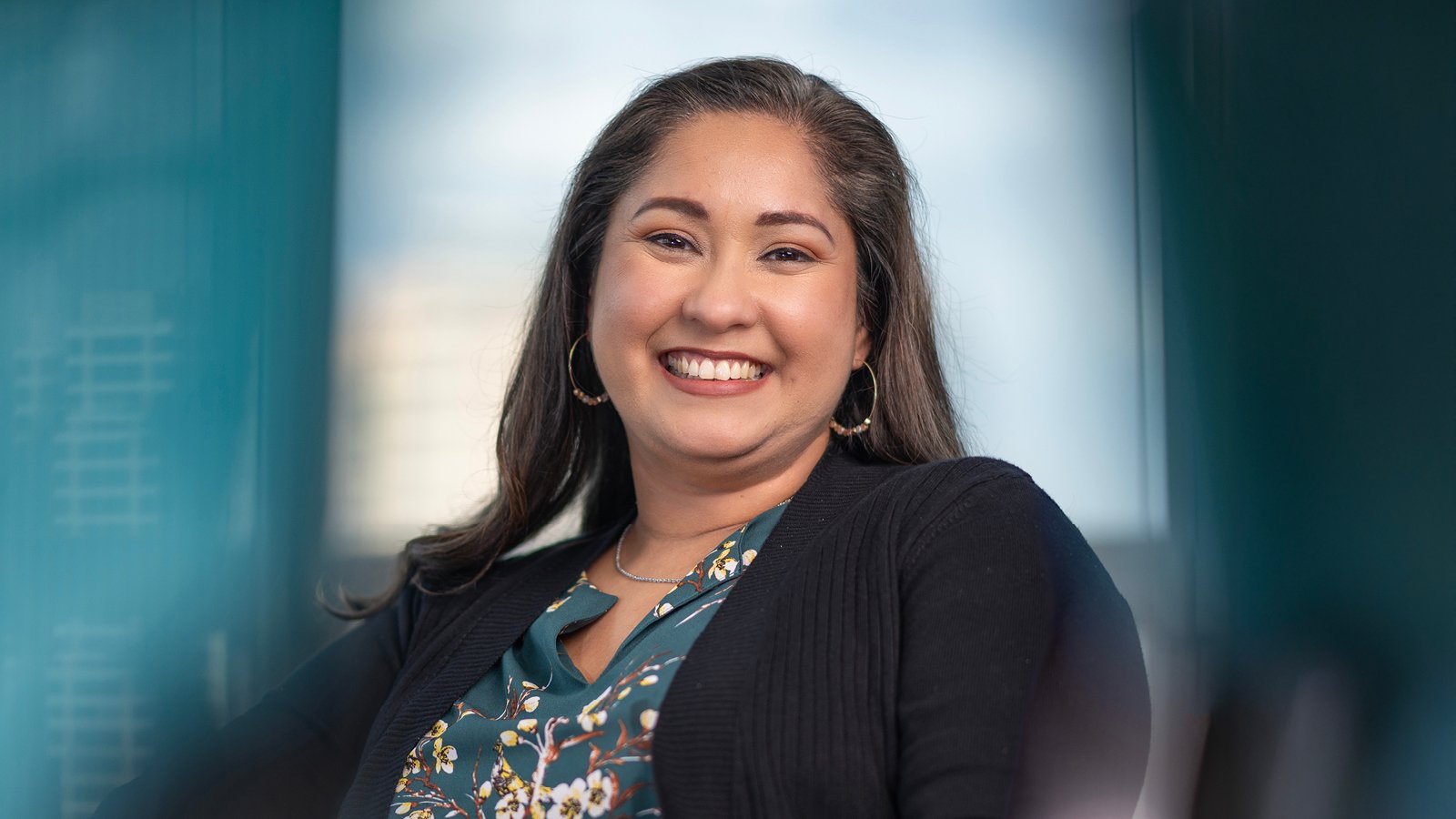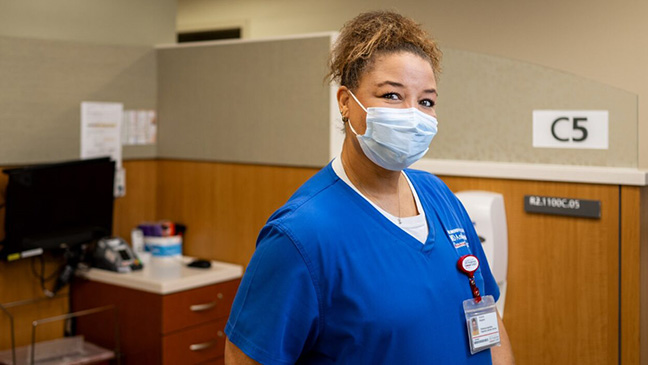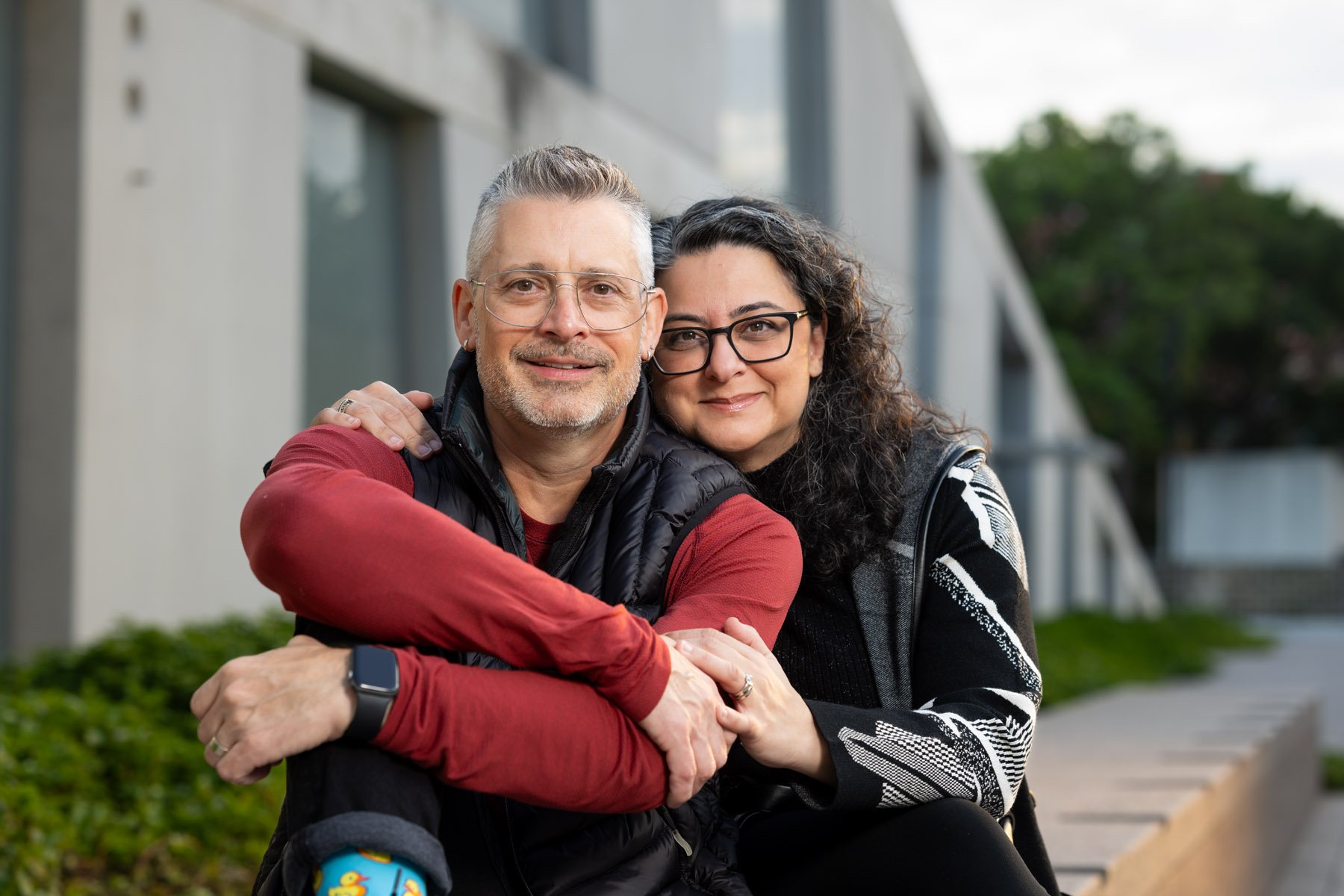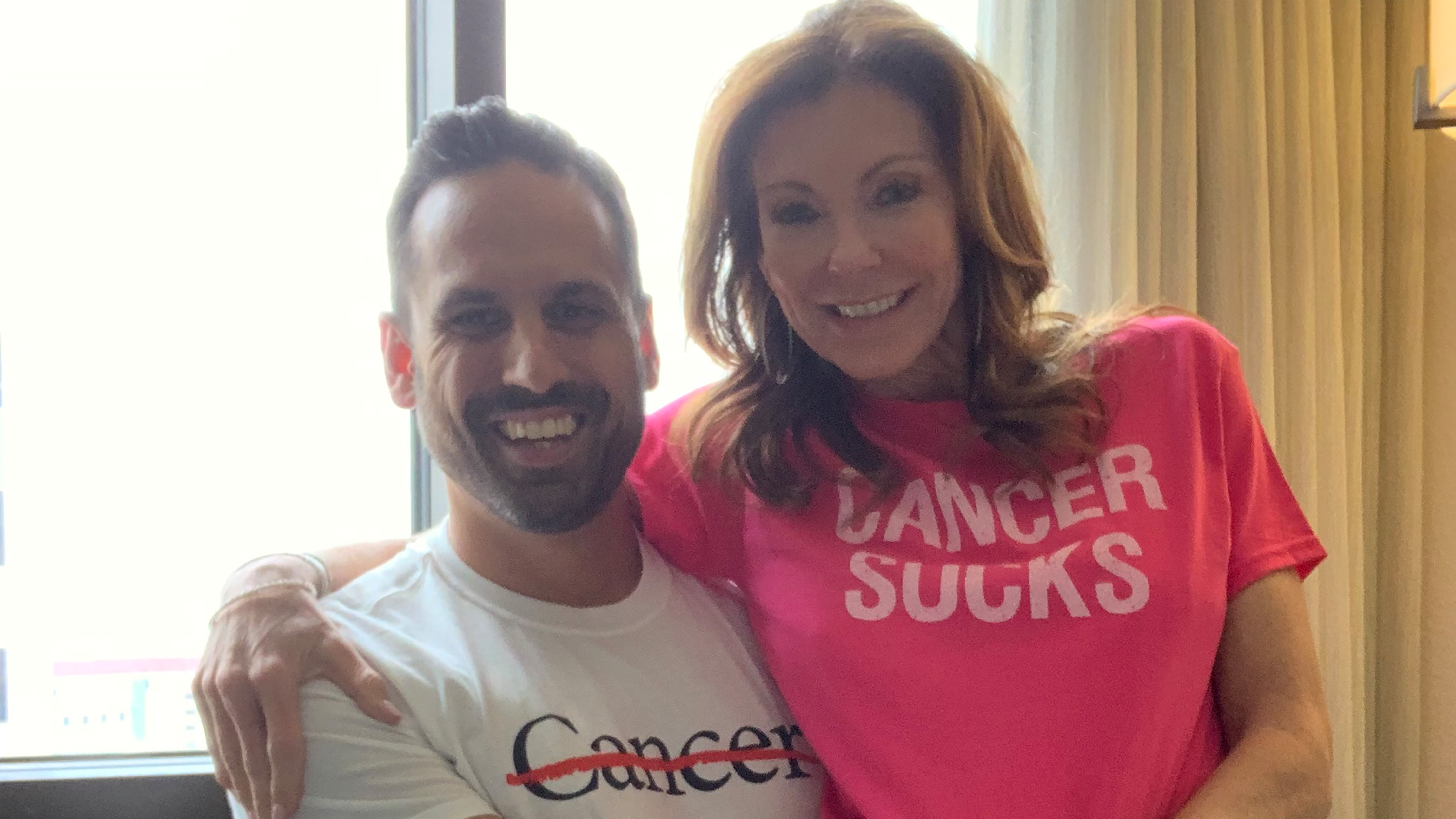- Diseases
- Acoustic Neuroma (14)
- Adrenal Gland Tumor (24)
- Anal Cancer (68)
- Anemia (2)
- Appendix Cancer (16)
- Bile Duct Cancer (28)
- Bladder Cancer (68)
- Brain Metastases (28)
- Brain Tumor (236)
- Breast Cancer (714)
- Breast Implant-Associated Anaplastic Large Cell Lymphoma (2)
- Cancer of Unknown Primary (4)
- Carcinoid Tumor (8)
- Cervical Cancer (158)
- Colon Cancer (166)
- Colorectal Cancer (106)
- Endocrine Tumor (4)
- Esophageal Cancer (40)
- Eye Cancer (36)
- Fallopian Tube Cancer (6)
- Germ Cell Tumor (4)
- Gestational Trophoblastic Disease (2)
- Head and Neck Cancer (2)
- Kidney Cancer (124)
- Leukemia (352)
- Liver Cancer (50)
- Lung Cancer (290)
- Lymphoma (286)
- Mesothelioma (14)
- Metastasis (30)
- Multiple Myeloma (102)
- Myelodysplastic Syndrome (64)
- Myeloproliferative Neoplasm (4)
- Neuroendocrine Tumors (16)
- Oral Cancer (102)
- Ovarian Cancer (172)
- Pancreatic Cancer (172)
- Parathyroid Disease (2)
- Penile Cancer (16)
- Pituitary Tumor (6)
- Prostate Cancer (146)
- Rectal Cancer (58)
- Renal Medullary Carcinoma (6)
- Salivary Gland Cancer (14)
- Sarcoma (234)
- Skin Cancer (294)
- Skull Base Tumors (54)
- Spinal Tumor (12)
- Stomach Cancer (58)
- Testicular Cancer (28)
- Throat Cancer (92)
- Thymoma (6)
- Thyroid Cancer (96)
- Tonsil Cancer (32)
- Uterine Cancer (78)
- Vaginal Cancer (14)
- Vulvar Cancer (18)
- Cancer Topic
- Adolescent and Young Adult Cancer Issues (20)
- Advance Care Planning (8)
- Advance Directives (4)
- Biostatistics (2)
- Blood Donation (18)
- Bone Health (8)
- COVID-19 (362)
- Cancer Recurrence (120)
- Childhood Cancer Issues (120)
- Clinical Trials (622)
- Complementary Integrative Medicine (20)
- Cytogenetics (2)
- DNA Methylation (4)
- Diagnosis (220)
- Epigenetics (6)
- Fertility (62)
- Follow-up Guidelines (2)
- Health Disparities (14)
- Hereditary Cancer Syndromes (126)
- Immunology (18)
- Li-Fraumeni Syndrome (8)
- Mental Health (114)
- Molecular Diagnostics (8)
- Pain Management (64)
- Palliative Care (8)
- Pathology (10)
- Physical Therapy (18)
- Pregnancy (18)
- Prevention (862)
- Research (402)
- Second Opinion (74)
- Sexuality (16)
- Side Effects (598)
- Sleep Disorders (10)
- Stem Cell Transplantation Cellular Therapy (216)
- Support (406)
- Survivorship (320)
- Symptoms (178)
- Treatment (1760)
Putting people first: How MD Anderson supports its employees
5 minute read | Published January 11, 2022
Medically Reviewed | Last reviewed by an MD Anderson Cancer Center medical professional on January 11, 2022
One day before severe winter storms swept through Texas in February 2021, Ronald Abraham and his family left their Houston home to drive to Dallas for a funeral service.
“Before we left our house, we turned on the heat and turned on the water so it was dripping and wouldn’t freeze,” says Abraham, program director for the research biorepository in Translational Molecular Pathology.
Three days later, with Texans in a panic due to the massive failure of the power grid, Abraham and his family returned to Houston. When they pulled into the driveway, water was flowing out their front door. Their home had gotten so cold that the pipes had frozen and burst, causing ceilings to cave in and water to spread to all but one room.
In the ensuing weeks, as Abraham accepted the substantial gap between what insurance would pay and how much it would cost to restore his home, he turned to MD Anderson for help. He was awarded $2,000 through the Caring Fund, a financial reserve made up of donations from MD Anderson employees, Board of Visitors and Advance Team members, and others across the country.
“When you go through a tragic situation, you want to know that you have caring people around you,” Abraham says. “It felt so great to be associated with an institution that puts people first.”
MD Anderson knows that people are our most valuable asset. In Fiscal Year 2021, putting people first meant paying attention to the overall wellness of our workforce. It meant a financial award to show appreciation for all that employees had done to help MD Anderson weather the COVID-19 pandemic. It meant offering help when employees need it. It meant putting people first today to ensure a strong workforce in the years ahead.
Back to Wellness and Employee Appreciation Month
Early in 2021, executive leadership asked several teams – including Workforce Wellness, Benefits and Recognition, and the Employee Assistance Program – to build a month’s worth of activities to help employees optimize all aspects of their well-being.
Back to Wellness became the theme for Employee Appreciation Month in May. It was an opportunity for workforce members to step out of “survival mode,” a default for so many during the pandemic, and to focus on self-care.
“We put together a calendar of events, letting people know in advance all the dimensions of wellness our services touch,” says Bret Belfer, director of Benefits and Recognition.
Employees responded enthusiastically, many seeking tips to help develop resilience, along with practical strategies to mitigate stress and burnout.
“Employees rushed to the emotional piece, which falls under the ‘Feel Well’ banner,” says Evan Thoman, director of Workforce Wellness. “We always try to help people navigate our services, whether that’s a nutrition consultation or helping someone find back-up childcare. When the employee sees that we have the resources to help them show up for patients, it’s so gratifying.”
One MD Anderson Award
Also in May, leadership provided all teammates a One MD Anderson Employee Award of $600, which was separate from any merit increase or other financial incentives.
“It’s an award created to simply say ‘Thank you,’” said MD Anderson president Peter WT Pisters, M.D., in a video launching Employee Appreciation Month. “Thank you for your engagement. Thank you for working together to make MD Anderson a safe and compassionate place for our patients and our colleagues. Thank you for serving as health ambassadors for our community.”
Vaccine clinics for loved ones
MD Anderson expanded COVID-19 vaccination clinics in early 2021 to include employees’ loved ones aged 75 and older. About 600 loved ones showed up for the first clinic on Feb. 7, 2021.
“Many employees brought their parents, of course,” says Elizabeth Lottinger, a manager in HR Business Partners. “But one thing I found to be so in line with our core values, was a lot of people also signed up loved ones who were neighbors, or people they went to church with, or others in their community that didn’t have the ability to get to a vaccine site.”
These were the early days of COVID-19 vaccination, when vaccines were not easily accessible in the community.
“We were able to rely on our expertise and knowledge around running large-scale clinics,” says Elizabeth Frenzel, M.D., executive director of Workforce Health and Wellness who coordinates MD Anderson’s institution-wide flu clinics every year.
Human Resources helped staff the clinics.
“HR employees worked the booths to register the employees and loved ones,” Lottinger says. “We had people pushing wheelchairs. In some situations, one of us would sit with a loved one in the observation area until their 15 minutes was up in order to push the wheelchair back to the parking garage. It certainly emphasized our core values of caring, safety and stewardship.”
Over time, loved ones’ clinics welcomed more people and gradually evolved into community clinics.
The Caring Fund
“The winter freeze that struck Texas in mid-February impacted a large number of people,” says Mark Berg, director of the Employee Assistance Program. “Our houses aren’t built for freezing temperatures. When pipes burst, water tore through the houses.”
The Caring Fund stepped in to help. In FY21 alone, the Caring Fund distributed more than $540,000 to more than 340 employees in need. The MD Anderson Cancer Center Board of Visitors and Advance Team members helped jump-start donations after the winter storm by matching all employee Caring Fund contributions up to $300,000.
It almost didn’t occur to Abraham to seek help from the fund after his house sustained damage.
"I have given to the fund myself," Abraham says. "But for my situation, I had insurance and I knew the Caring Fund was for people in need. And then I realized ... I was in need. People take care of each other at MD Anderson. And I'm so grateful."
Learn about careers at MD Anderson.
Related Cancerwise Stories

It felt so great to be associated with an institution that puts people first.
Ronald Abraham
Program Director, Translational Molecular Pathology


